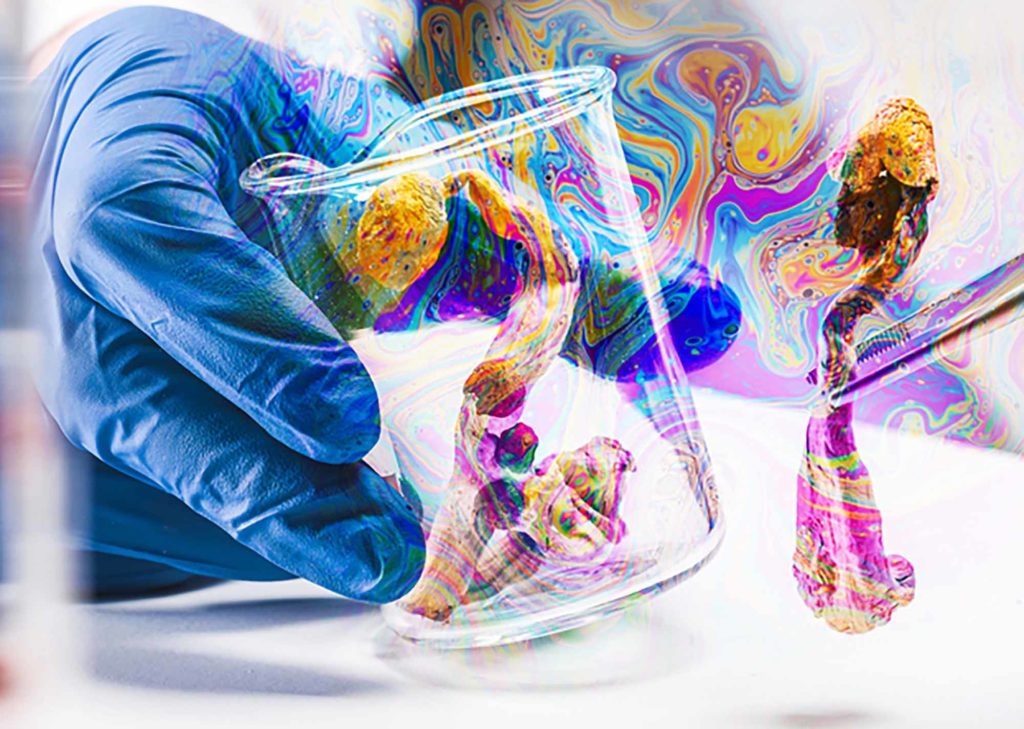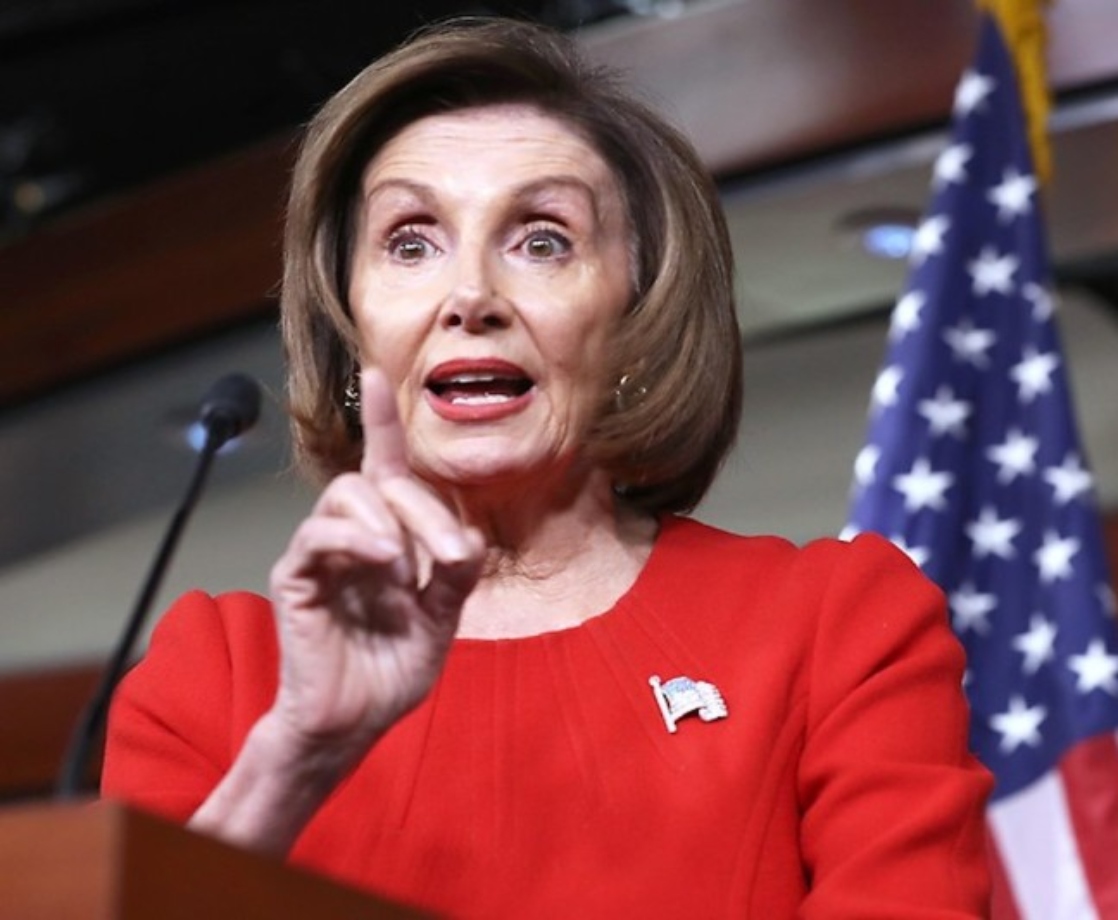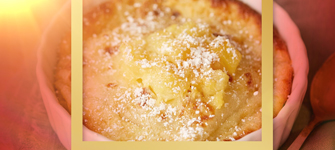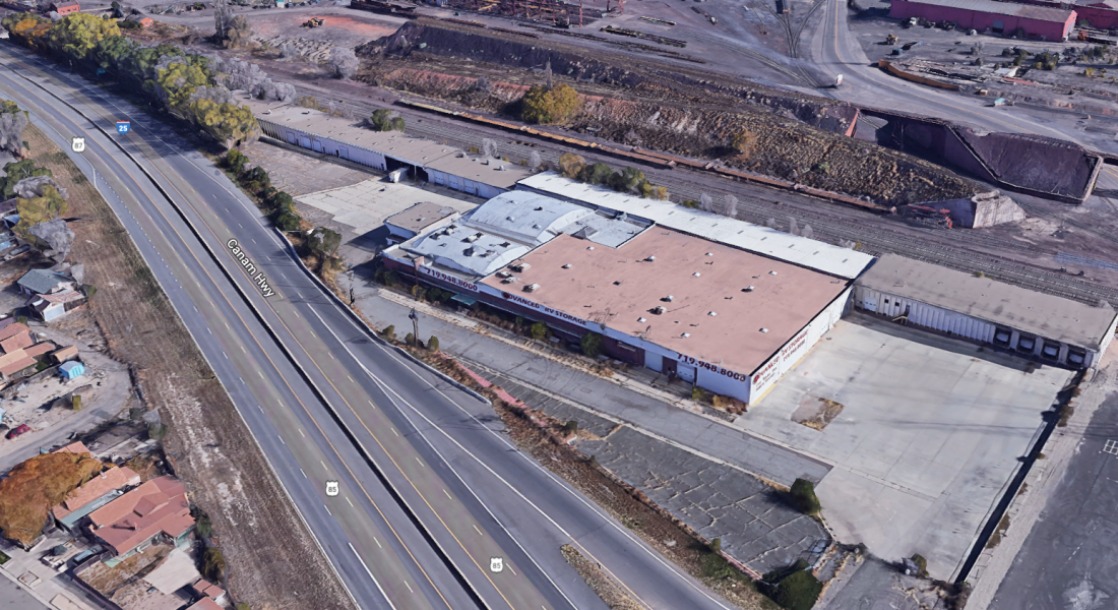Image via
Mystical and insightful psychedelic trips are more likely to inspire lasting mental health benefits than less meaningful experiences, a new study reports.
This intriguing new study, recently published in the Journal of Affective Disorders, set out to explore whether the mystical nature of the psychedelic experience is directly related to its benefits. Researchers from Ohio State University conducted the study using data from an anonymous online survey that asked subjects about their psychedelic experiences. The 985 subjects who responded to the survey reported having moderate to heavy experience with psilocybin, LSD, mescaline, peyote, ayahuasca, and/or 5-MeO-DMT (psychedelic toad).
Each subject was asked to rate how mystical their experiences were, in terms of evoking sensations of pure awareness, positive mood, or feelings of transcending time and space. Subjects rated the degree of insightfulness they experienced during these trips, including psychological insights into their relationships, behaviors, beliefs, memories, or emotions. The survey also asked participants to report whether or not they had a challenging experience, better known as a “bad trip.”
Subjects also completed a number of questionnaires to assess their psychological flexibility and overall levels of depression and anxiety. Using a machine learning algorithm, researchers compared these ratings of psychological well-being with the subjects’ own ratings of their psychedelic experiences. The analysis revealed that people who reported having more mystical and insightful trips were less likely to be anxious or depressed than those who had more mundane trips. And these positive benefits even held true for subjects who had challenging psychedelic experiences.
“Sometimes the challenge arises because it’s an intensely mystical and insightful experience that can, in and of itself, be challenging,” said senior author Alan Davis, assistant professor and director of the Center for Psychedelic Drug Research and Education in The Ohio State University College of Social Work, in a statement. “In the clinical research setting, folks are doing everything they can to create a safe and supportive environment. But when challenges do come up, it’s important to better understand that challenging experiences can actually be related to positive outcomes.”
After narrowing their focus to only include LSD and psilocybin, the study authors discovered three distinct subtypes of experiences. The “positive scoring” subtype includes people who had strongly mystical and insightful experiences but few challenging experiences. Researchers also identified a “high scoring” subtype with high scores on the mysticism scale but moderate challenging experiences, and a “low scoring” group with lower levels of both experiences.
“The group that had the highest insightful and mystical experiences and low challenging experiences showed the most benefit in terms of remission of anxiety and depression symptoms and other longer lasting benefits to their life,” said first author Aki Nikolaidis, an affiliate of Ohio State’s Center for Psychedelic Drug Research and Education (CPDRE), in a statement.
“Identifying subtypes that exist regardless of which psychedelic you take answers an interesting question,” Nikolaidis added. “But the fact that we found that they’re associated with specific outcomes, and replicated that finding, really shows why it’s important to understand the powerful nature of what is happening subjectively and its potential to yield a beneficial outcome.”
The study backs up some earlier research suggesting that the psychedelic experience itself is largely responsible for the many benefits associated with psychedelic medicine. And conversely, it casts some doubt on some researchers’ plans to create “trip-free” psychedelics. The US military and a handful of independent institutions are currently trying to develop medicines that can provide the health benefits of psychedelics without the trip. And although those experiments are making some progress, the present study suggests that the real deal may be the most effective solution.











